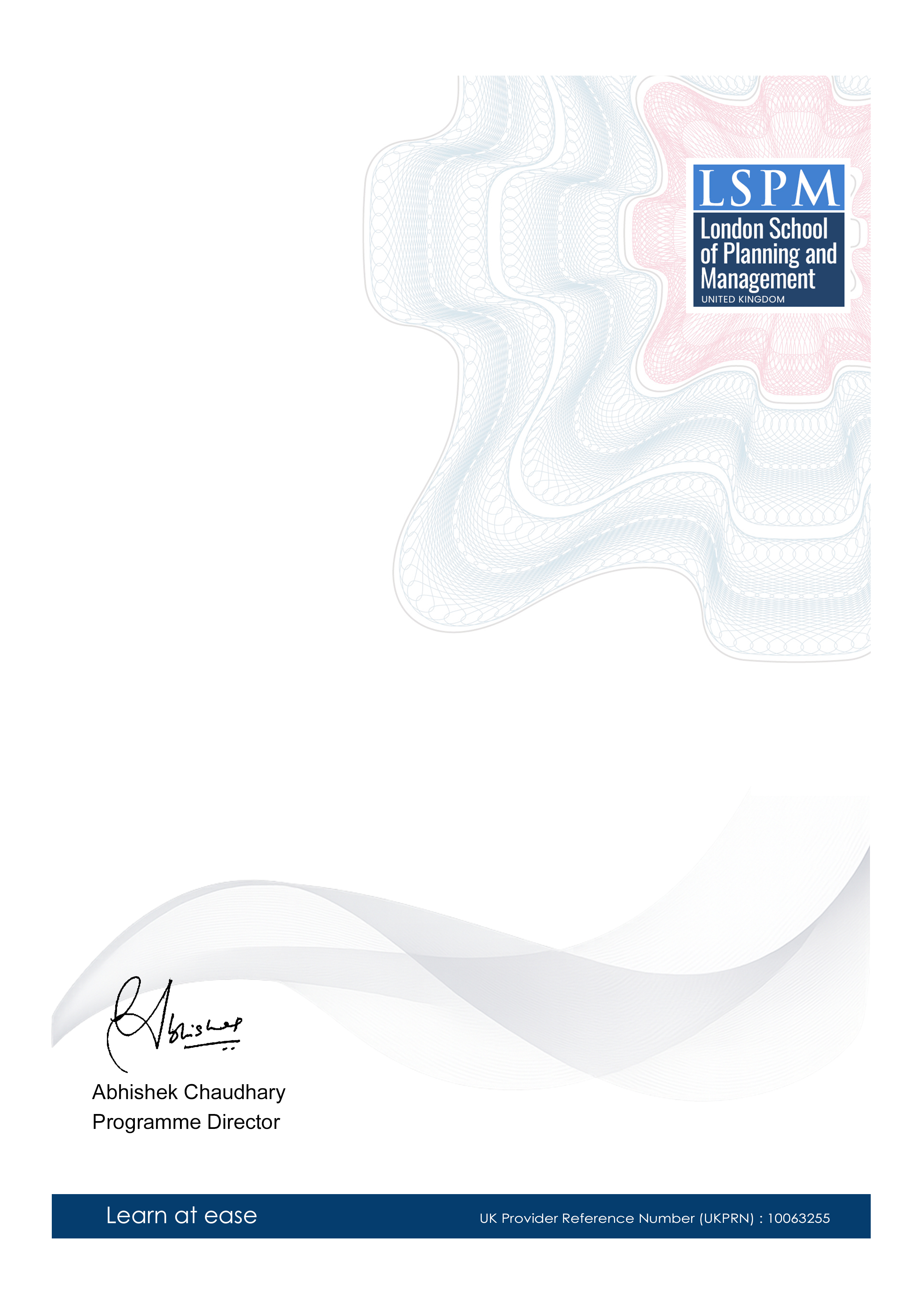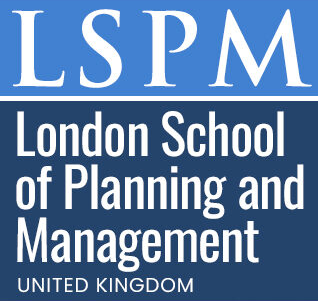Advanced Certificate in Health and Nutrition in Emergency Situations for Advocacy Groups
-- viewing nowThe Advanced Certificate in Health and Nutrition in Emergency Situations is a critical course for advocacy groups seeking to make a difference in crisis-stricken communities. This program equips learners with essential skills to address health and nutrition challenges during emergencies, enhancing their ability to advocate for effective policies and interventions.
3,100+
Students enrolled
GBP £ 149
GBP £ 215
Save 44% with our special offer
About this course
100% online
Learn from anywhere
Shareable certificate
Add to your LinkedIn profile
2 months to complete
at 2-3 hours a week
Start anytime
No waiting period
Course details
• Advanced Nutrition in Emergency Situations: Understanding the importance of nutrition in emergency situations, the body's response to stress, and the role of nutrition in maintaining health during emergencies.
• Emergency Food Security and Safety: Exploring food security and safety concerns during emergencies, assessing food needs, and developing food distribution strategies.
• Public Health Interventions in Emergencies: Examining the role of public health interventions in emergency situations, including water treatment, sanitation, and hygiene promotion.
• Nutrition Surveillance and Monitoring: Learning the principles and practices of nutrition surveillance and monitoring in emergency situations, including data analysis and interpretation.
• Clinical Management of Malnutrition: Understanding the clinical management of malnutrition, including assessment, diagnosis, and treatment of acute and chronic malnutrition.
• Infant and Young Child Feeding in Emergencies: Exploring the importance of infant and young child feeding in emergencies, including breastfeeding promotion and support, and complementary feeding.
• Emergency Nutrition Programming and Coordination: Developing skills in emergency nutrition program planning, implementation, and coordination, including working with local authorities, NGOs, and UN agencies.
• Emergency Preparedness and Response Planning: Understanding the importance of emergency preparedness and response planning, including risk assessment, contingency planning, and resource mobilization.
• Psychosocial Support in Emergency Situations: Examining the psychosocial needs of individuals and communities in emergency situations and developing strategies for providing psychosocial support.
Note: This course outline is a general guide and may be subject to modification depending on the specific needs and context of the advocacy group.
Career path
Entry requirements
- Basic understanding of the subject matter
- Proficiency in English language
- Computer and internet access
- Basic computer skills
- Dedication to complete the course
No prior formal qualifications required. Course designed for accessibility.
Course status
This course provides practical knowledge and skills for professional development. It is:
- Not accredited by a recognized body
- Not regulated by an authorized institution
- Complementary to formal qualifications
You'll receive a certificate of completion upon successfully finishing the course.
Why people choose us for their career
Loading reviews...
Frequently Asked Questions
Skills you'll gain
Course fee
- 3-4 hours per week
- Early certificate delivery
- Open enrollment - start anytime
- 2-3 hours per week
- Regular certificate delivery
- Open enrollment - start anytime
- Full course access
- Digital certificate
- Course materials
Get course information
Earn a career certificate

